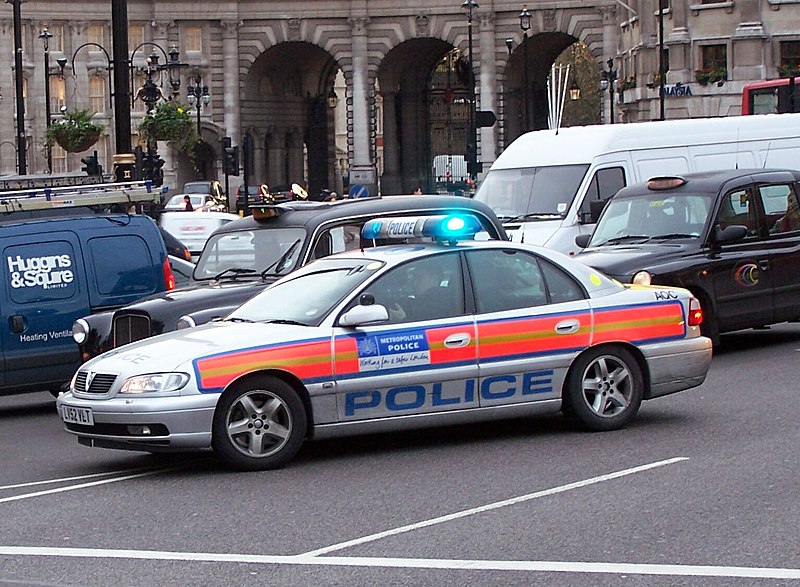
The Metropolitan Police in London has recorded thousands of crimes, including several hundred rape and sexual assault cases, where the suspects were children under 10. Children aged
between one and nine in England and Wales cannot be charged or arrested for a crime, according to the law, as they are too young to understand the consequences of their actions.
The Metropolitan Police data, obtained through MailOnline's Freedom of Information requests, reveals that since 2017, kids aged nine and below have allegedly committed 3,155 crimes in London. These children are too young to be prosecuted, but the police can investigate and record the offense and provide support for both the child and their potential victims.
The most common crimes committed by children under 10 were violence against the person, followed by theft and sexual offenses. However, during the first year of the pandemic, there was a significant spike in allegations of children sharing material such as revenge porn.
Some lawmakers are proposing to raise the age cap by two years, which would bring the UK in line with most other EU countries. In most European countries, the age of criminal responsibility is 14. Portugal has the highest age limit in Europe, with the age of 16, meaning that no one 15 years or younger is considered responsible for their actions.
England and Wales, along with Ireland, have the lowest age of criminal responsibility in Europe at 10. The age was established in 1963, and the common law principle of doli incapax provided some protection to children aged 10 to 14 by requiring the prosecution to show that not only did the child commit the offense, but also knew that their behavior was seriously wrong.
However, in 1998, the Labour government under Tony Blair abolished the principle, arguing that the suggestion that 10-year-olds did not understand the difference between "naughtiness and serious wrongdoing" was contrary to common sense.
This week in Germany, a petition demanding a reduction in the age of criminal responsibility to less than 14 gathered around 150,000 signatures. This petition came after it emerged that the suspected killers of 12-year-old schoolgirl Luise Frisch would likely avoid jail as they are younger than 14. Luise was stabbed more than 30 times in what her autopsy called a "bloody attack and frenzied killing" on March 11, and her body was then pushed over an embankment in a secluded wood in Hohenhain, near Freudenberg in the west of Germany.
The issue of the age of criminal responsibility is a contentious one, with arguments on both sides. While some believe that young children should not be held accountable for their actions, others argue that the age limit should be increased to reflect the seriousness of some crimes committed by children. Ultimately, lawmakers will have to consider the implications of any changes to the law and ensure that they strike a balance between protecting vulnerable young people and ensuring that justice is served.Photo boy Cnyborg, Wikimedia commons.


































